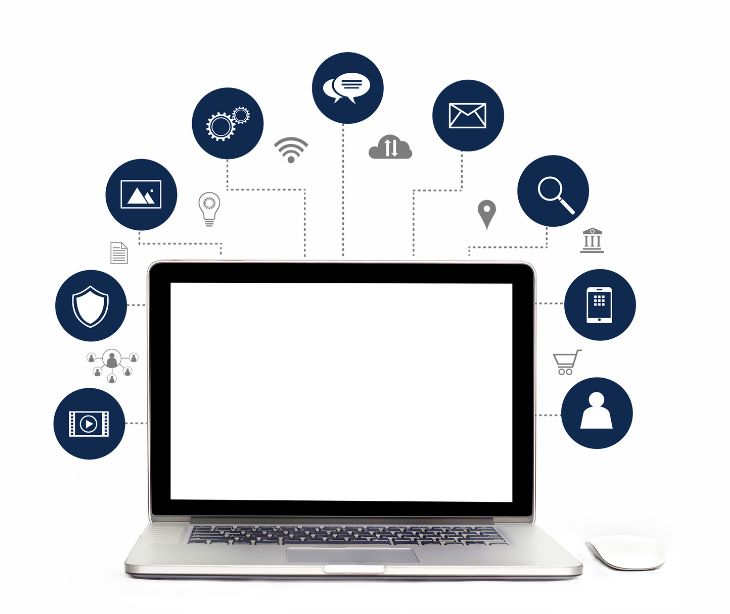
Social media can leech its way into even a healthcare setting. A study published in Health Law provides, “...allowing social networking without proper training and restriction can lead to breaches of privacy in an era in which penalties for such violations are increasingly stringent.” Ensuring that social media policies remain effective and up to date allows providers to maintain compliance in an area fraught with HIPAA violations.
The user policy does not address 'de-identification' of PHI
Think of PHI as sensitive info that could be used to identify a patient - we're talking names, birthdates, and medical details. Now, the de-identification process is like a digital mask; it cleverly hides the patient's identity while allowing health information to be shared. Without clear rules on this in your social media policy, your staff might inadvertently expose patient details online, leading to privacy breaches.
A good de-identification policy lays down a solid process to scrub this information clean of identifiers before it's shared publicly. It should be paired with regular training sessions for staff, ensuring everyone's up-to-speed on handling PHI most effectively.
See also: HIPAA Compliant Email: The Definitive Guide
No mention of disciplinary actions for HIPAA Violations
A social media policy in a healthcare setting without any mention of disciplinary actions for HIPAA violations is like a city with laws but no consequences for breaking them. It's a risky scenario that leaves a gaping hole in terms of accountability. When staff aren't clear on the potential repercussions of mishandling patient information on social media, there's less incentive to strictly follow the rules.
The policy shows the seriousness of HIPAA compliance by outlining specific consequences, whether warnings, fines, or even job termination. It ensures that everyone in the organization understands that safeguarding patient privacy isn't just a guideline – it’s an absolute must.
Missing protocol for patient-initiated social media interactions
In the often informal world of social media, patients might reach out via these platforms for advice, share personal health information, or even seek specific medical guidance. The lack of policy provision poses a risk of privacy breaches or inappropriate interactions. A well-meaning response or a discussion in public could reveal sensitive information.
See also: How to stay HIPAA compliant on social media
Silence on the use of personal devices
Without clear guidelines on using personal devices for accessing or sharing patient information, there's a heightened risk of data breaches and HIPAA violations. Imagine an employee casually scrolling through patient details on their personal phone in a public place – this can lead to unintended exposure of sensitive patient data, whether through loss or theft of the device, unsecured data transmission, or even over-the-shoulder snooping. These are unnecessary and avoidable violations.
See also: Bring your own device (BYOD) policies in healthcare
Lack of guidelines on responding to online reviews
Patients often use online platforms to voice their experiences and opinions about their care. These reviews can range from glowing commendations to critical assessments. This silence on tackling online reviews is risky because it leaves healthcare staff without a playbook for maintaining professionalism and HIPAA compliance in their responses. Establishing guidelines for responding to online reviews is a cornerstone of an effective social media policy. These guidelines should outline how to acknowledge feedback constructively while safeguarding patient privacy.
No specifics on the social media content approval process
A well-defined social media content approval process should function like a well-oiled machine. It would typically involve multiple checkpoints – from the content creator to a legal or compliance officer and, finally, a social media manager.
FAQs
What is consent?
Voluntary agreement from an individual.
What is the security rule?
A part of HIPAA that protects electronic PHI (ePHI).
What is HIPAA compliance?
Complying with the regulations for the protection of PHI under HIPAA.
Subscribe to Paubox Weekly
Every Friday we bring you the most important news from Paubox. Our aim is to make you smarter, faster.




